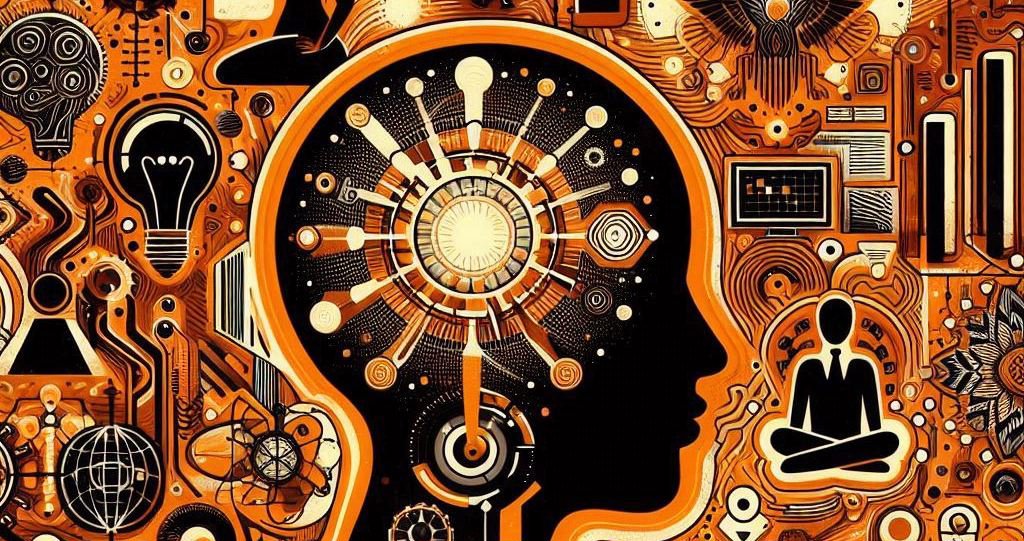The rise of artificial intelligence (AI) has dramatically transformed the landscape of human knowledge and creativity, raising profound questions about its effect on intellectual capital. Intellectual capital—comprising human, structural, and relational knowledge—has long been the foundation of economic and cultural progress. As AI continues to evolve, it challenges these traditional notions of intelligence and prompts a reevaluation of what it means to think, innovate and create.
At the heart of this evolution is an ongoing debate: while AI enhances human intellectual capacity, concerns persist about its potential to displace human ingenuity. If a system can compose music, write literature, and develop scientific theories, one might wonder: What remains uniquely human in the realm of intellectual capital? While the concerns about AI are valid, in practical terms, we argue that AI augments rather than replaces human creativity. By automating repetitive tasks, AI frees individuals to engage in higher-order thinking, fostering an environment where intellectual capital can flourish and remain distinct from machine-generated outputs.
For instance, AIVA is an AI-powered music composition tool that helps musicians create original pieces. Instead of replacing composers, AIVA serves as a creative assistant, generating melodies, harmonies, or entire compositions that artists can refine and personalise.
But as AI arguments, it also raises questions of ethics and law. Traditionally, intellectual capital has been tied to individual and collective human effort, governed by legal structures that recognise authorship and originality. AI-generated content, however, is challenging these conventions: Can an algorithm be an author? Should companies that develop AI systems claim ownership of their creations? And, if AI produces a novel work, should it be considered part of the public domain? These questions demand a thoughtful and robust discussion about how copyright and intellectual property laws can protect fundamental rights, while adapting to this era of machines as creators.
As an example, blockchain can be used to track which copyrighted works were used to train an AI model. The developers of the model log the datasets used on a public blockchain register. Authors can verify whether their content was used by checking the register. If unauthorized use is detected, the author can claim compensation or request a takedown. Some news agencies, like Reuters, are already exploring blockchain to track AI usage in journalistic content.
Ultimately, AI is not merely a tool that replaces human effort but a catalyst for transformation; it challenges us to rethink our realities, and appreciate that the essence of human intellectual capital may not be lost but rather redefined for a new era of knowledge generation.


Leave a Comment